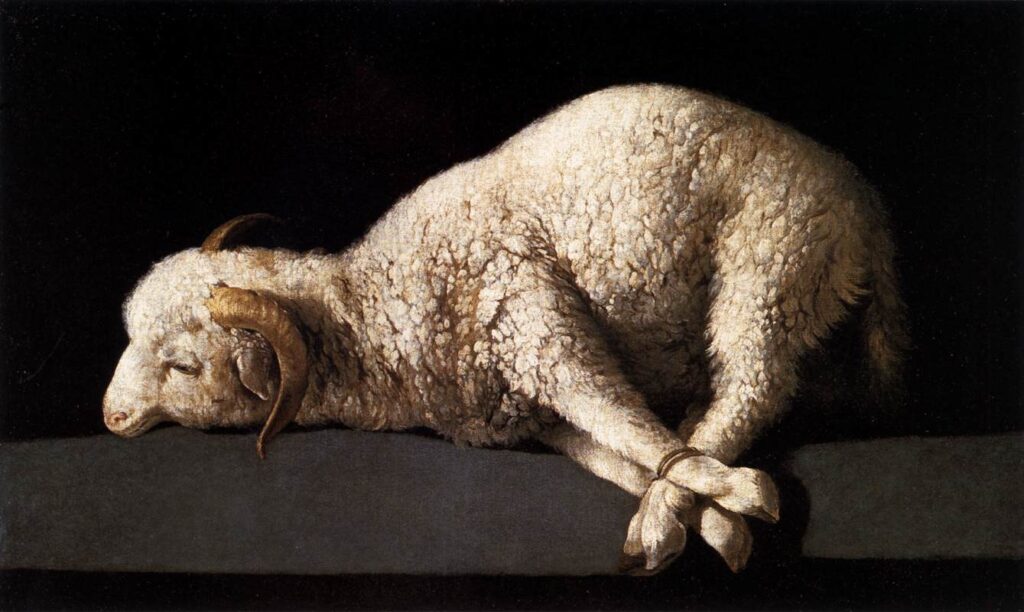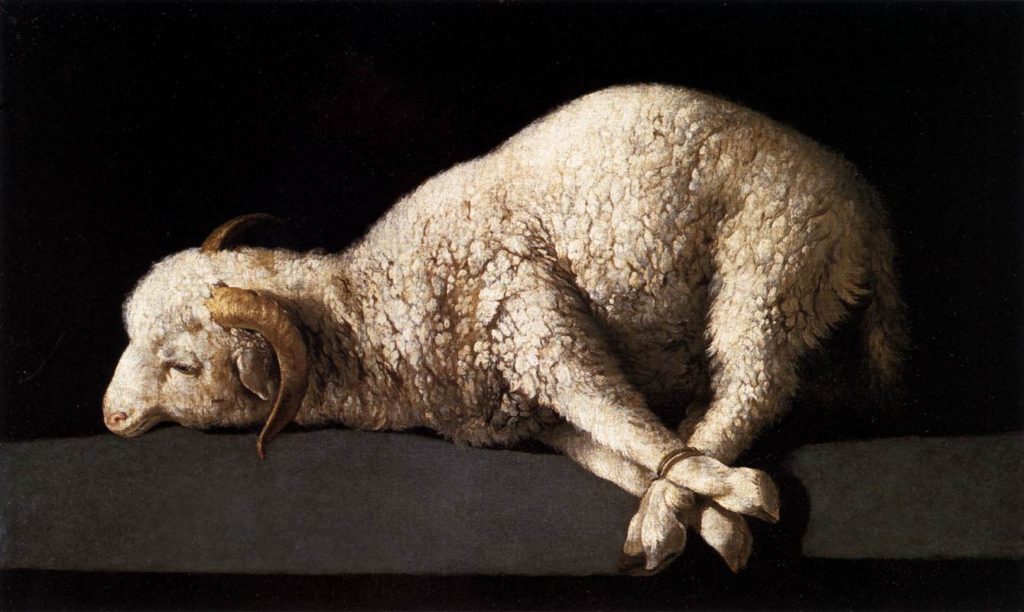
The Book of Isaiah, written around 700 years before the coming of Jesus Christ, is quoted more times in the New Testament than any other book of the Hebrew Scriptures. Why is that? 754 of Isaiah’s 1292 verses are predicting the future. That means 59% of Isaiah is prophecy. Isaiah contains 11 direct prophecies concerning Jesus and it is cited or alluded to in at least 50 NT passages. Why? Why? Lets find out. With the eyes of faith we see Isaiah 53 so explicitly refers to the Lord Jesus it doesn’t need much by way of explanation. Indeed it became so obvious that Isaiah was referring to Jesus after he was crucified and rose again from the dead, that, as the Church separated from the Synagogue, Isaiah 53 was no longer read as part of the Jewish lectionary. There are five paragraphs, each of three verses, and it begins in chapter 52:13.
1. The Predicted Saviour: The Servant’s Role (52:13-15)
2. The Rejected Saviour: The Servant’s Life (53:1-3)
3. The Representative Saviour: The Servant’s Suffering (53:4-6)
4. The Crucified Saviour: The Servant’s Death (53:7-9)
5. The Glorious Saviour: The Servant’s Resurrection (53:10-12)

